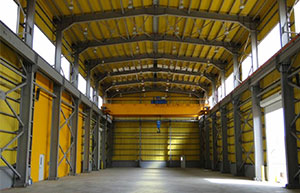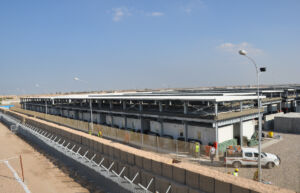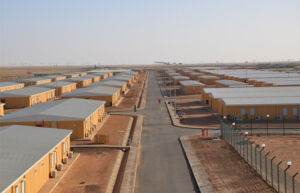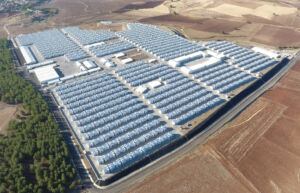Medical Containers: Rapid and Reliable Healthcare Solutions
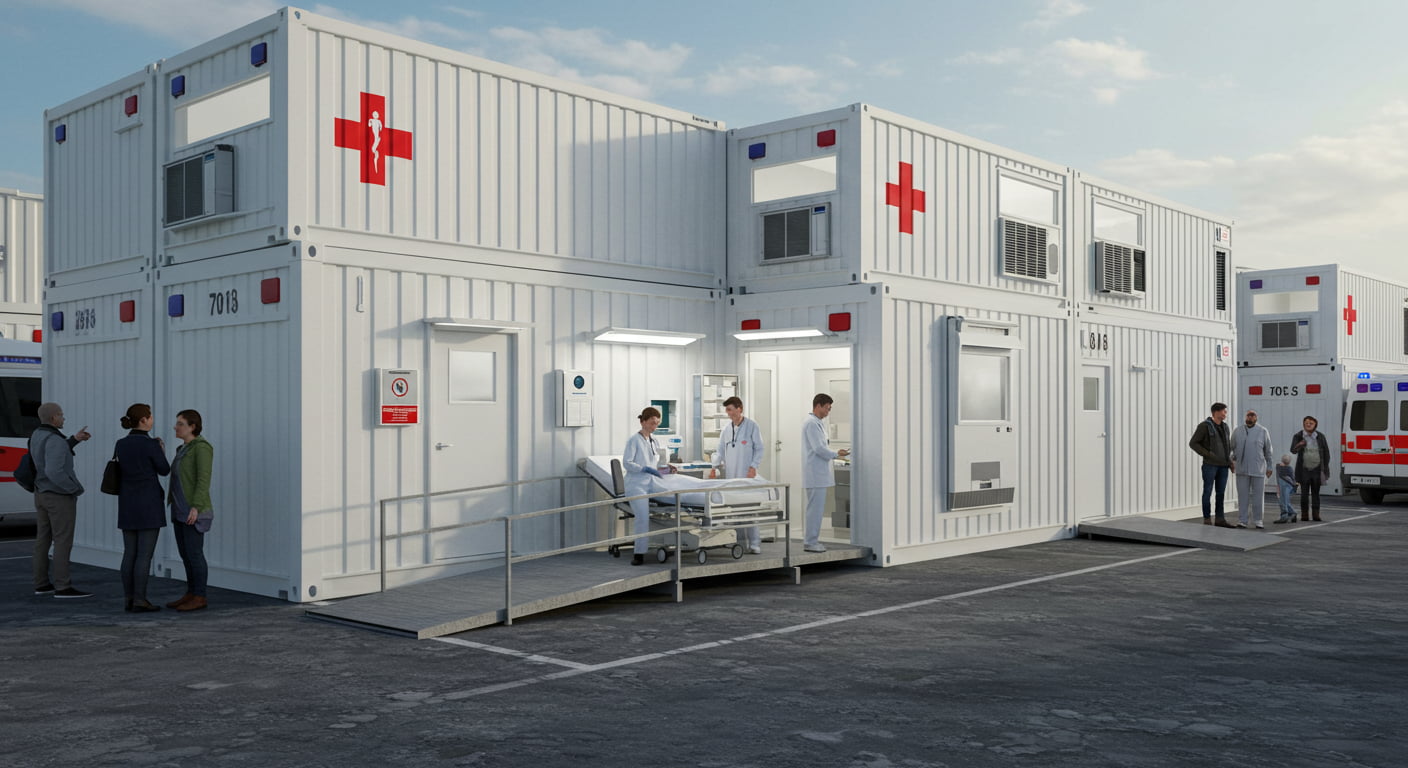
Access to healthcare facilities is one of the most critical needs during emergencies, large-scale projects, and humanitarian crises. Traditional hospital construction often requires significant time and resources, which may not be feasible in urgent or remote settings. Medical containers provide a fast, mobile, and highly functional alternative, offering prefabricated healthcare units that can be deployed wherever they are needed. Dorce Prefabricated and Construction specializes in designing and manufacturing modular medical containers that ensure reliable healthcare delivery across diverse environments.
What are Medical Containers?
Medical containers are prefabricated modular units designed to serve as healthcare facilities. Built with durable steel frames and insulated panels, these containers can be configured as examination rooms, laboratories, pharmacies, diagnostic units, or even fully equipped operating rooms. Equipped with HVAC systems, medical-grade finishes, electrical and plumbing installations, medical containers are designed to meet international healthcare standards. Their containerized design allows them to be easily transported, installed, and integrated into larger medical complexes.
Advantages of Medical Containers
Medical containers bring numerous advantages that make them indispensable in modern healthcare infrastructure:
-
Rapid deployment: Prefabricated in controlled environments and delivered ready for immediate use.
-
Mobility: Easily transportable to remote regions, conflict zones, or disaster-affected areas.
-
Customization: Configurable as examination units, emergency wards, testing labs, or imaging centers.
-
Durability: Resistant to harsh climates, ensuring long-term reliability.
-
Hygiene and safety: Equipped with medical-grade surfaces, ventilation systems, and infection control features.
-
Scalability: Multiple units can be connected to create larger healthcare facilities.
-
Cost-effectiveness: Lower construction and installation costs compared to traditional healthcare buildings.
-
Sustainability: Prefabrication reduces material waste and supports eco-friendly healthcare infrastructure.
Applications of Medical Containers
Medical containers are versatile and widely used in various healthcare and humanitarian contexts:
-
Emergency response: Rapidly deployable hospitals for disaster relief efforts.
-
Conflict zones: Mobile medical units for military and humanitarian operations.
-
Remote areas: Primary care and diagnostic facilities in rural or hard-to-reach locations.
-
Construction and industrial sites: On-site healthcare support for large workforce camps.
-
Public health projects: Vaccination centers, laboratories, and testing units.
-
Tourism and events: Temporary medical facilities for large gatherings, festivals, and sporting events.
-
Educational and training purposes: Mobile classrooms for medical training programs.
Dorce’s Difference
Dorce Prefabricated and Construction brings decades of international expertise to the design and delivery of medical container solutions. Manufactured in modern facilities, each unit is fully equipped with plumbing, electrical systems, HVAC, and medical finishes before shipment. This ensures that containers are ready for immediate use upon arrival, minimizing on-site installation time and risk.
With a proven track record in global healthcare projects, Dorce has supplied medical containers for humanitarian missions, industrial camps, and government initiatives across different regions. Its solutions are engineered to operate effectively in extreme environments, from hot deserts to freezing climates, ensuring reliable healthcare delivery under any conditions.
Medical containers are more than temporary healthcare units—they are vital infrastructure for providing rapid, reliable, and scalable medical services. By combining modular innovation with healthcare-specific design, Dorce Prefabricated and Construction continues to set international standards in containerized healthcare solutions, supporting global health and humanitarian needs.
y, and global expertise.
